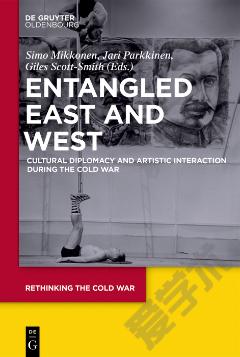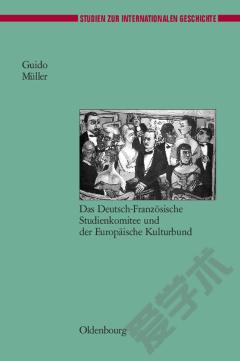Europe's Intellectuals and the Cold War —— The European Society Of Culture, Post-war Politics And International Relations
----- 欧洲知识分子与冷战:欧洲文化、战后政治与国际关系学会
In 1950, nearly 300 of Europe's leading artists, philosophers and writers formed an international society intended to end the Cold War. The European Society of Culture was composed of many of Western Europe's best-known intellectuals, including Theodor Adorno, Julien Benda, Albert Camus, Benedetto Croce, Andre Gide, J. B. Haldane, Karl Jaspers, Carl Jung, Thomas Mann, Henri Matisse, Francois Mauriac, Maurice Merleau-Ponty, Jean-Paul Sartre, Giuseppe Ungaretti and Albert Schweitzer, among many others; over the next twenty years it would also include many luminaries from the East, such as Bertolt Brecht, Ernst Bloch, Ilya Ehrenburg and Georg Lukacs. Pioneering the earliest political discussions between intellectuals in Eastern and Western Europe that would serve as a model for the activities of the better-known CCF in its efforts to end communism, the ESC went on to create an informal but powerful, 1,600 member-strong cultural and political network across the world in pursuit of dialogue between the Marxist East and the liberal West, and in pursuit of peace and shared cultural values. Here, in this first, comprehensive history of the SEC's early years, Nancy Jachec demonstrates the influence its members had not only on preventing the isolation of Europe's eastern states, but on enabling the flow of people, publications and ideas from the West into the East, thus playing a vital role in introducing the ideals of human rights and cultural rights in the East in the run-up to the signing of the Helsinki Accords of 1975. She also shows the profound impact that the SEC had on the development of post-colonial theory through the exchanges it organised between European and African intellectuals, directly shaping the expectations statesmen like Leopold Sedar Senghor, revolutionaries like Frantz Fanon, and institutions such as Unesco would have of culture in newly emerging countries.
{{comment.content}}








 京公网安备 11010802027623号
京公网安备 11010802027623号